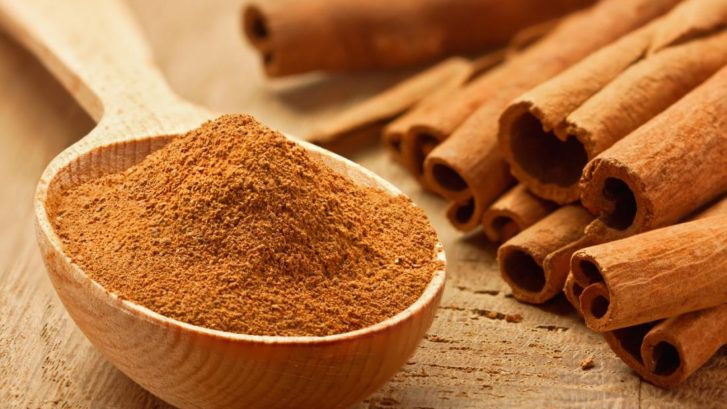Let a Little More Cinnamon Into Your Life
This time of year, the halls, the malls, and many American kitchens are thick with the scent of cinnamon. The flavor and aroma trigger warm memories of childhood, recalling cinnamon in spiced teas and ciders, sprinkled over sugar cookies, or dusted atop a glass of eggnog.
But not only does it taste good, several studies have shown that cinnamon is one of the healthiest spices you can use.
The claims for the health benefits of cinnamon range from lowering cancer risk to protecting against dementia. Many of these claims are unproven. But research has shown definite benefits from the consumption of cinnamon.
One of the oldest-known spices, cinnamon has been used for both flavoring and disease fighting for at least 3,000 years. Popular in China, Egypt, and throughout Europe, cinnamon was once thought of as the spice of kings, and was central to the lucrative spice trade in Europe, Asia, and Northeast Africa.
There are two basic types of cinnamon. The one most readily available on grocery store shelves is cinnamon cassia, which has a stronger flavor and odor than its less-well known cousin, cinnamon verum, or Ceylon cinnamon. The latter is grown in Sri Lanka, and has only recently become more widely available here in the United States.
Proponents of either strain of cinnamon as a health remedy have made many claims for its efficacy, few of which are backed by scientific studies. But some are.
One of the most recent studies, announced just last week, was performed at the University of Michigan, which showed that cinnamon may help fight obesity. Researchers used donated fat cells from volunteers that they treated with cinnamaldehyde, the ingredient in cinnamon that gives it its flavor. They found that the cinnamaldehyde caused a breakdown of fats in the cells. Thus, the researchers said, cinnamon could potentially be used as a treatment to fight obesity.
“Cinnamon has been part of our diets for thousands of years, and people generally enjoy it,” Jun Wu, a research assistant professor at UM’s Life Sciences Institute, told USA Today. “So if it can help protect against obesity, too, it may offer an approach to metabolic health that is easier for patients to adhere to.”
This study would seem to support others that have shown cinnamon aids in blood sugar control and insulin sensitivity. For example, one small study at Raabe College of Pharmacy at Ohio Northern University showed that regular use of the cassia species of cinnamon was comparable to treatment with oral diabetes medications. Another study showed that small doses of cinnamon improved bad (LDL) cholesterol, triglycerides, and total cholesterol.
Promising research is also being done in the areas of HIV infection, multiple sclerosis, dementia, and longevity.
Does this mean you should start popping cinnamon capsules on a regular basis? Probably not. Some reported side effects of too much cinnamon include causing or worsening liver disease, triggering allergic reactions in some sensitive people, and dropping blood sugar too low in diabetics and those undergoing surgery.
But your primary care physicians in Jupiter, Florida at MD 2.0, would certainly recommend you find frequent ways to incorporate cinnamon into your diet. Just be cautious about taking supplements. If you feel you want to increase your cinnamon intake, please check with us first so we can review your medical history and advise you about any possible interactions with other medications you may be taking.

